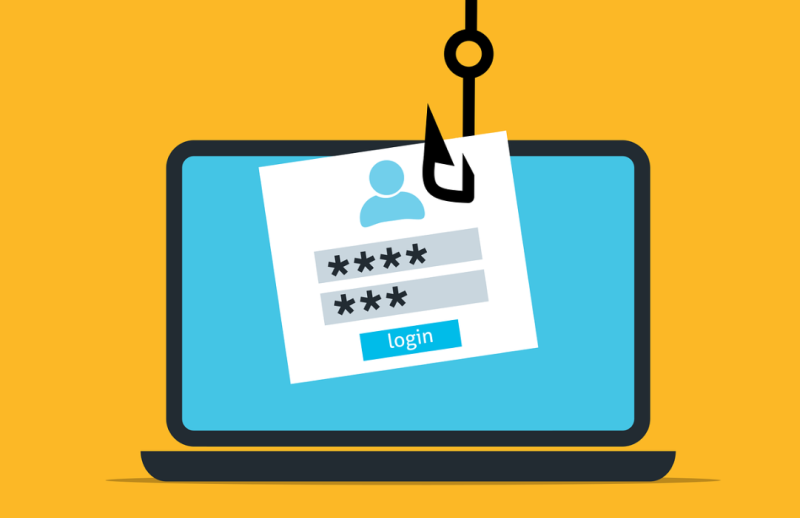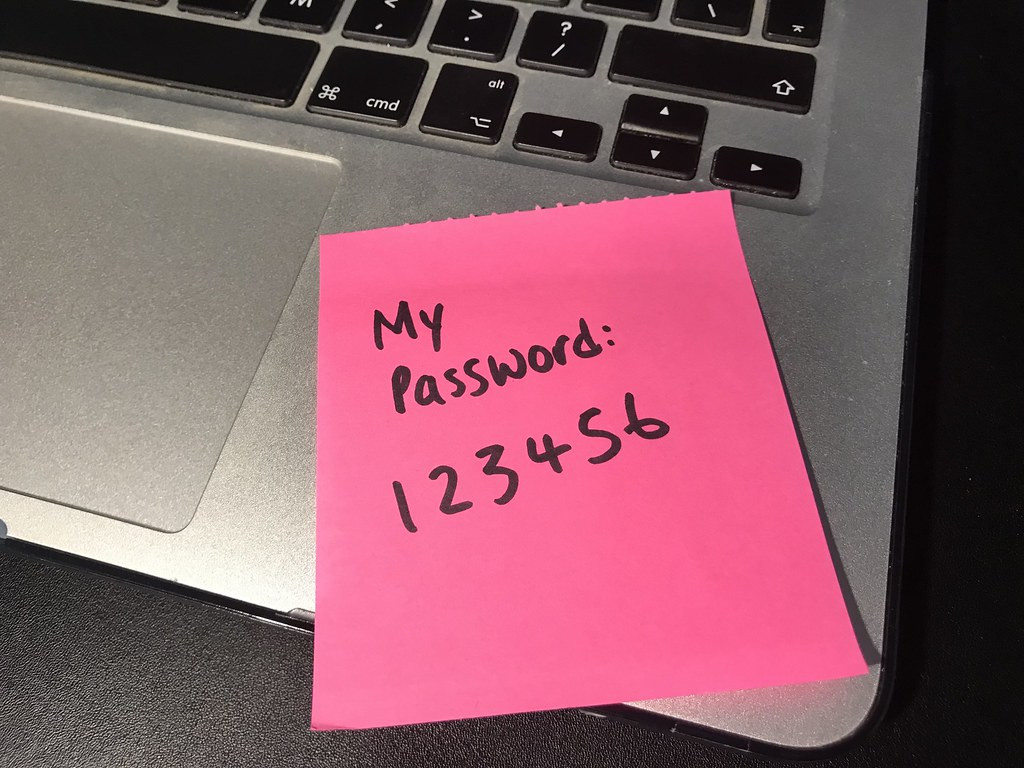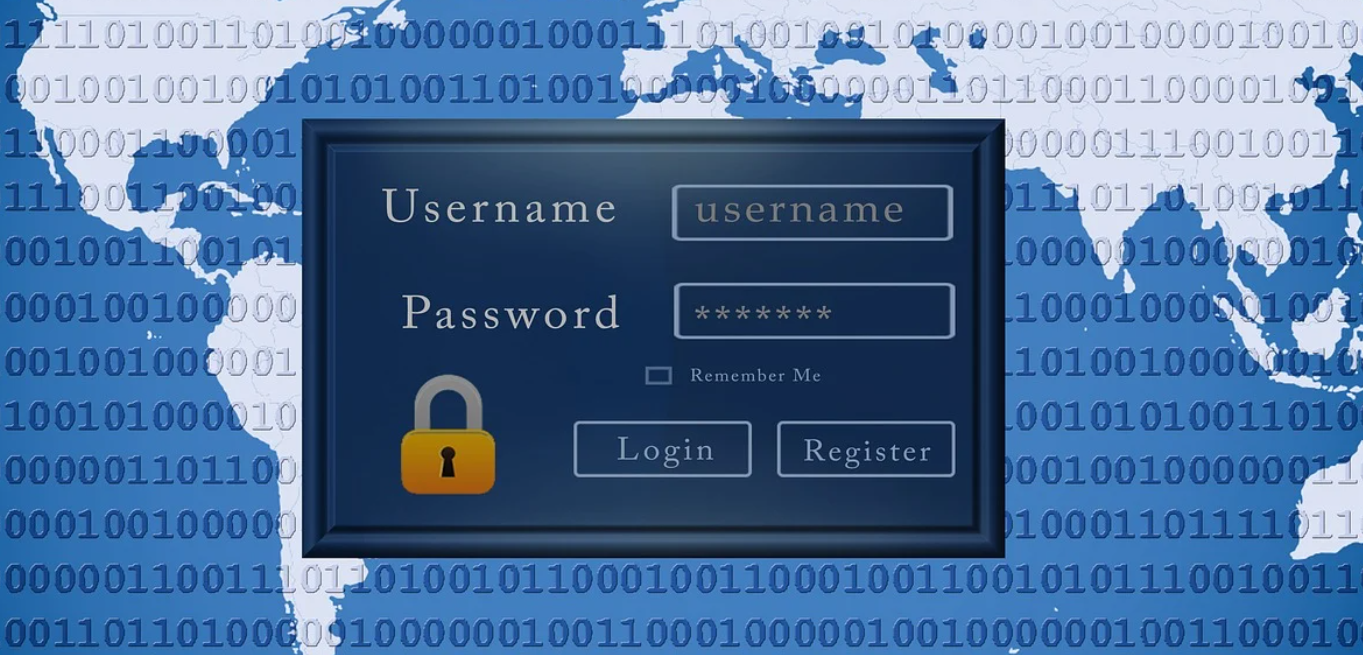Level Up Your Account Security: Mastering Password Protection and Privacy Settings for Gamers
May 17, 2023

Online gaming platforms offer endless hours of entertainment, but they also pose risks to your personal information and account security. Cybercriminals are constantly on the prowl to exploit vulnerable accounts, and gamers can become prime targets.
To safeguard your gaming accounts, it's essential that you take steps to protect your passwords and optimize your privacy settings. In this guide, we'll walk you through the process with helpful tips to level up your account security.
1. Crafting a Strong Password: The Foundation of Account Security
Creating a strong password is the cornerstone of securing your gaming account. A weak password is like leaving the front door to your account wide open for cybercriminals to waltz in. To build a robust password, follow these guidelines:
- Use a combination of upper and lowercase letters, numbers, and special characters. This makes it much more difficult for hackers to crack your password using brute force attacks.
- Avoid using easily guessable information, such as your name, birthdate, or common words. Instead, opt for a passphrase, which is a sequence of random words or a sentence that's easy for you to remember but hard for others to guess.
- Make your password at least 12 characters long. The longer your password, the harder it is for cybercriminals to crack it.
- Never reuse passwords across multiple accounts. If one account gets compromised, it puts all your other accounts at risk.
To keep track of your complex passwords, consider using a password manager. These tools generate strong, unique passwords for each of your accounts and store them securely, so you don't have to remember them all. Just make sure to use a reputable password manager with robust security features.
2. Enabling Two-Factor Authentication: A Second Line of Defense
Two-factor authentication (2FA) adds an extra layer of security to your gaming account by requiring a second form of verification, such as a code sent to your phone, when you log in. This means that even if a hacker manages to get their hands on your password, they'll still be unable to access your account without the additional verification step.

Most gaming platforms offer 2FA options, so make sure to enable it on your account. While it may add an extra step to your login process, the added security is well worth the slight inconvenience.
3. Monitoring Your Account Activity: Staying Vigilant Against Suspicious Activity
Keeping a close eye on your gaming account activity can help you spot any signs of unauthorized access or suspicious behavior. Regularly review your account's login history, transaction history, and any changes to your personal information. If you notice anything out of the ordinary, act quickly by changing your password and contacting the gaming platform's support team to report the issue.
It's also a good idea to set up account notifications, if available. These notifications can alert you via email or SMS whenever there's a login attempt, password change, or other significant activity on your account.
4. Protecting Your Privacy: Adjusting Your Account Settings to Keep Your Information Safe
 Gaming platforms often collect and store a wealth of personal information, including your name, email address, and sometimes even payment details. To minimize the risk of this information falling into the wrong hands, it's crucial to adjust your account privacy settings.
Gaming platforms often collect and store a wealth of personal information, including your name, email address, and sometimes even payment details. To minimize the risk of this information falling into the wrong hands, it's crucial to adjust your account privacy settings.
- Limit the visibility of your personal information to only those you trust, such as friends or private groups.
- Be cautious about sharing your gaming account username on social media or other public forums, as this can make it easier for cybercriminals to target you.
- Regularly review and update the list of friends and contacts you've connected with on your gaming platform, removing any individuals you don't recognize or no longer wish to share your information with.
Remember that privacy settings can vary between gaming platforms, so take the time to familiarize yourself with each platform's options to ensure you're making the most of the available security features.
5. Keeping Your Devices Secure: Safeguarding the Gateways to Your Gaming Accounts
Finally, it's essential to protect the devices you use to access your gaming accounts, as they can serve as entry points for cybercriminals. Follow these tips to keep your devices secure:
- Keep your operating system, gaming software, and any security tools up-to-date. This ensures that you're protected against the latest security vulnerabilities and threats.
- Install a reputable antivirus and firewall software to guard against malware and other malicious attacks.
- Be cautious when downloading mods or other third-party software, as they can sometimes contain hidden malware or viruses. Only download from reputable sources and scan the files with your antivirus software before installation.
- Secure your home Wi-Fi network with a strong, unique password, and consider using a Virtual Private Network (VPN) when accessing your gaming accounts on public Wi-Fi networks.
By following these tips and regularly reviewing your security practices, you can significantly reduce the risk of your gaming accounts being compromised. Stay vigilant, and remember that the time you invest in securing your account today can save you from potential headaches and losses in the future. So, gear up, level up, and enjoy your gaming adventures with confidence, knowing that you've taken the necessary steps to protect your digital assets.












Leave a comment
Your comment is awaiting moderation. We save your draft here
0 Comments